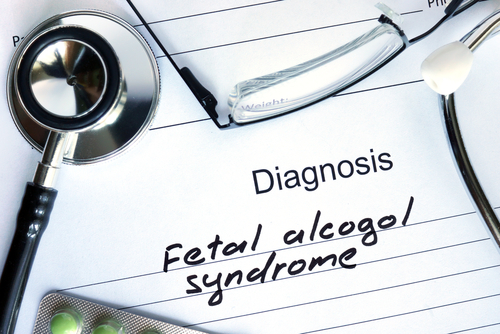Globally 8 in 1,000 kids born with foetal alcohol syndrome
IANS Aug 23, 2017
Nearly eight out of every 1,000 children worldwide are born with Foetal Alcohol Spectrum Disorders (FASD), which increases their risk of developing physical, mental, behavioural and learning disabilities, according to researchers.

The study estimated that one out of 13 women, who consumed alcohol at any point or frequently during pregnancy, gave birth to a child with FASD."FASD prevalence estimates are essential to effectively prioritise and plan health care for children with FASD who are often misdiagnosed," said Svetlana Popova, Senior Scientist at the Centre for Addiction and Mental Health (CAMH) in Ontario. "Most of these children will require lifelong care, so the earlier they have access to appropriate therapy and supports, the better their long-term health and social outcomes will be," Popova added.
For the study, published in the journal JAMA Pediatrics, the team looked at the prevalence -- or the frequency that FASD occurs -- for children from birth to age 16 in 187 countries.While the European region reported the highest levels worldwide at nearly 20 cases of FASD per 1,000 children, the Eastern Mediterranean Region has showed the lowest FASD prevalence.The US showed 15 cases of FASD per 1,000 children, while Canada reported eight cases per 1,000 children.
In 76 countries, more than one out of 100 young people reported FASD.The researchers also found that FASD occurred more frequently among children in care (such as foster care or orphanages), in the criminal justice system, in psychiatric care and aboriginal young people compared to the general population.
"There is a need for targeted screening and diagnosis for these high-risk populations as well as interventions to prevent alcohol use among mothers of children with FASD in relation to subsequent pregnancies," Popova said.Public health messages about the risks of drinking alcohol during pregnancy and routine screening by health care professionals to detect alcohol consumption before or at early stages pregnancy should be followed, the researchers said.
-
Exclusive Write-ups & Webinars by KOLs
-
Daily Quiz by specialty
-
Paid Market Research Surveys
-
Case discussions, News & Journals' summaries